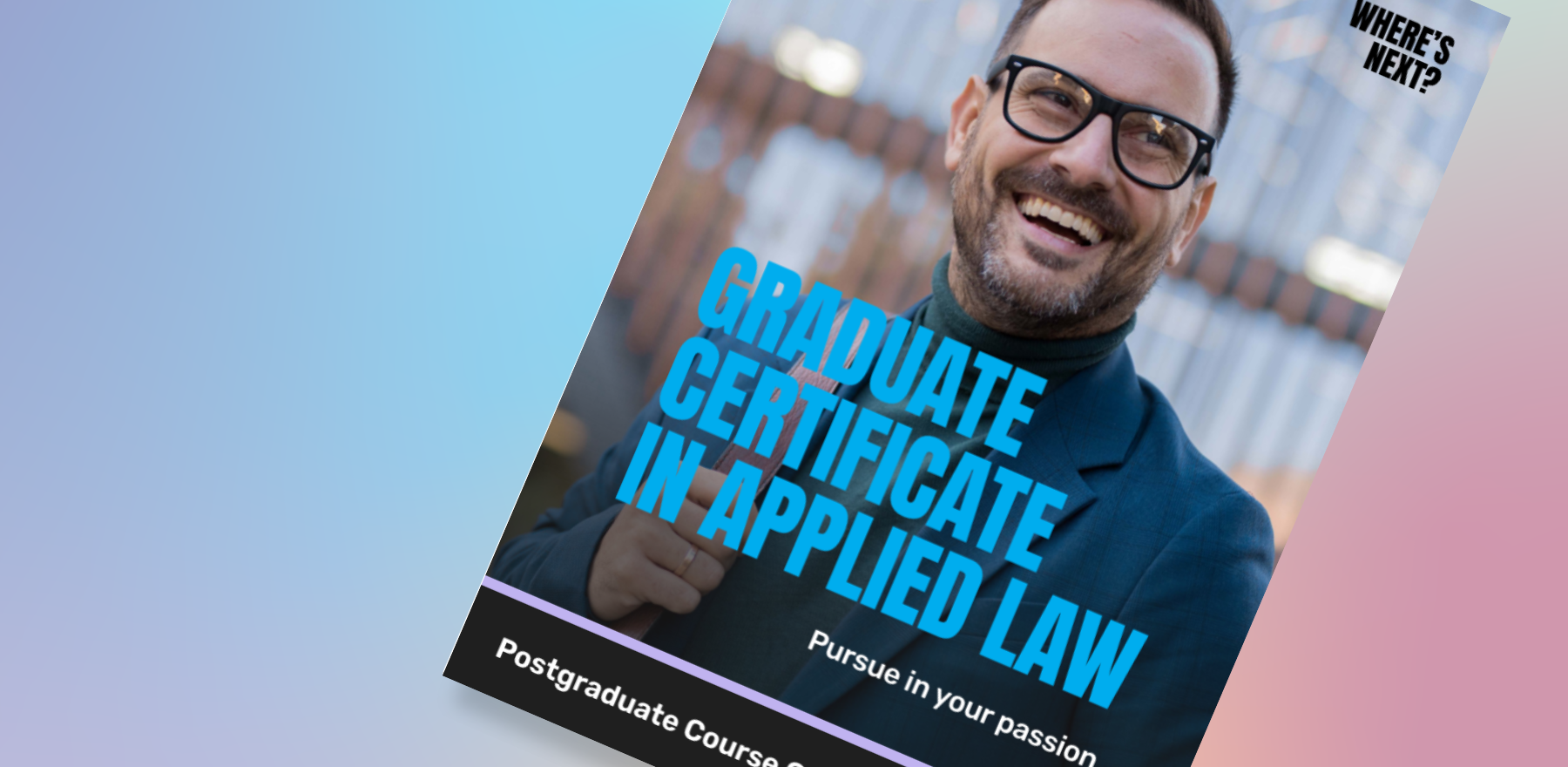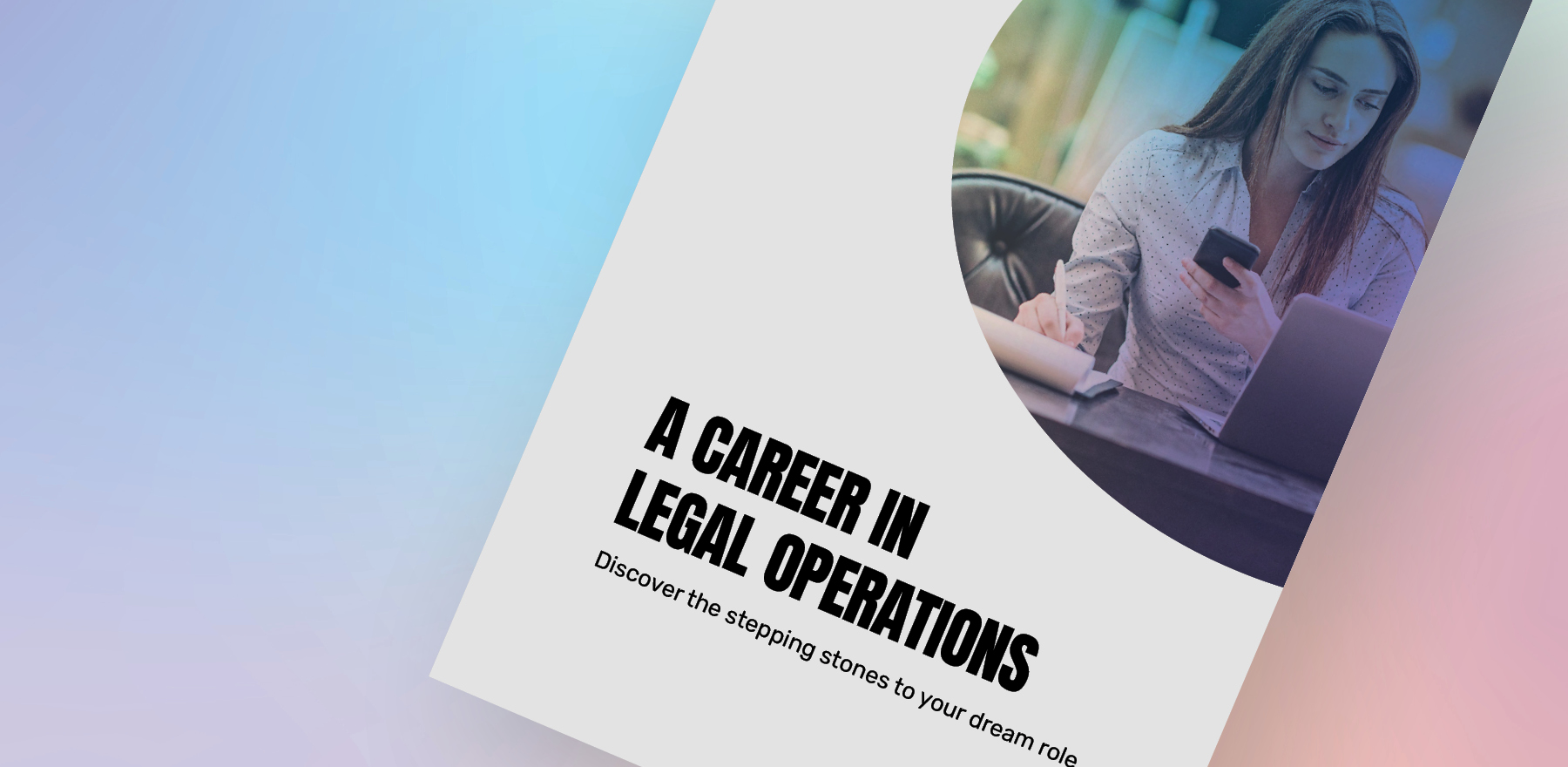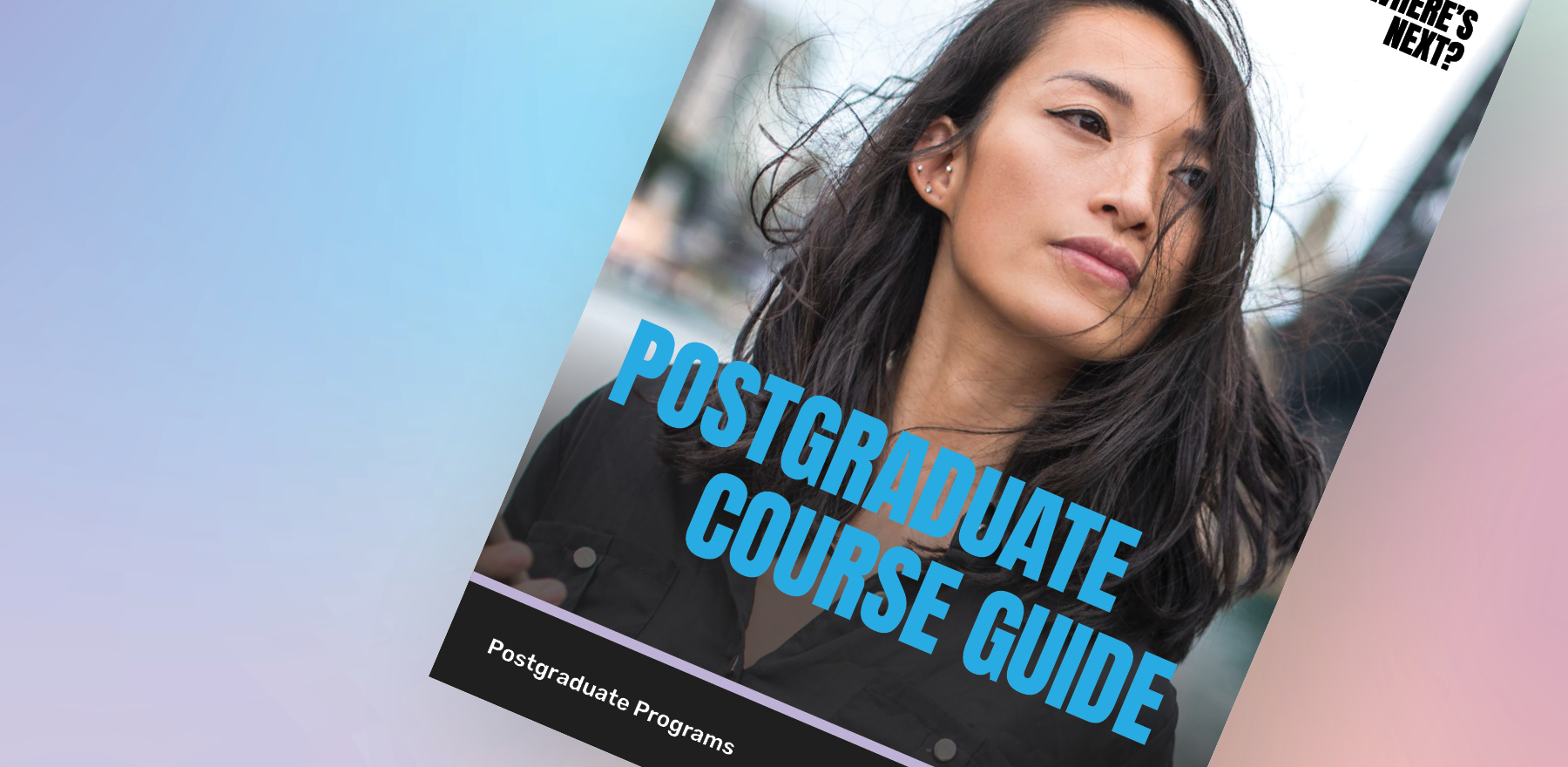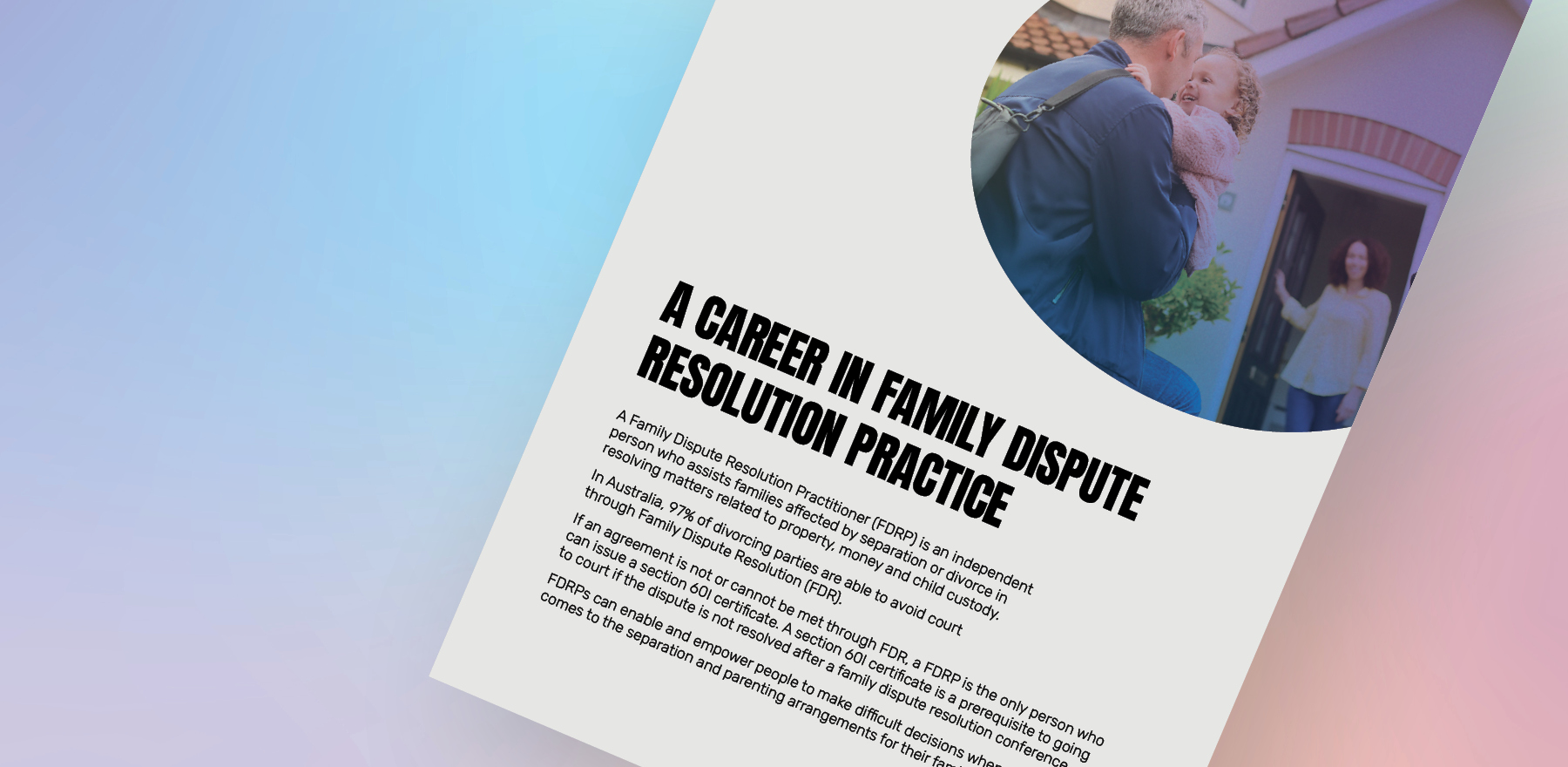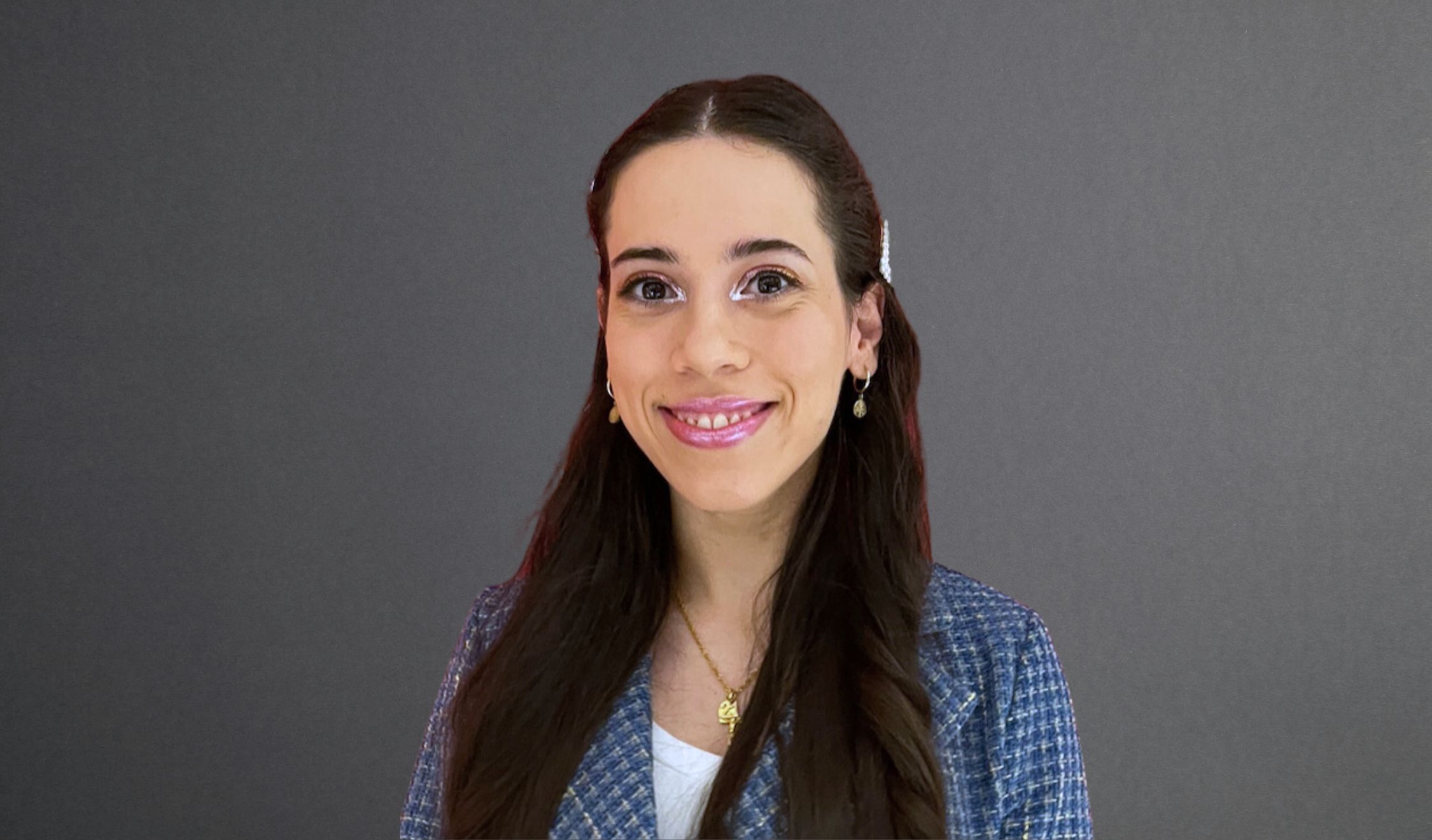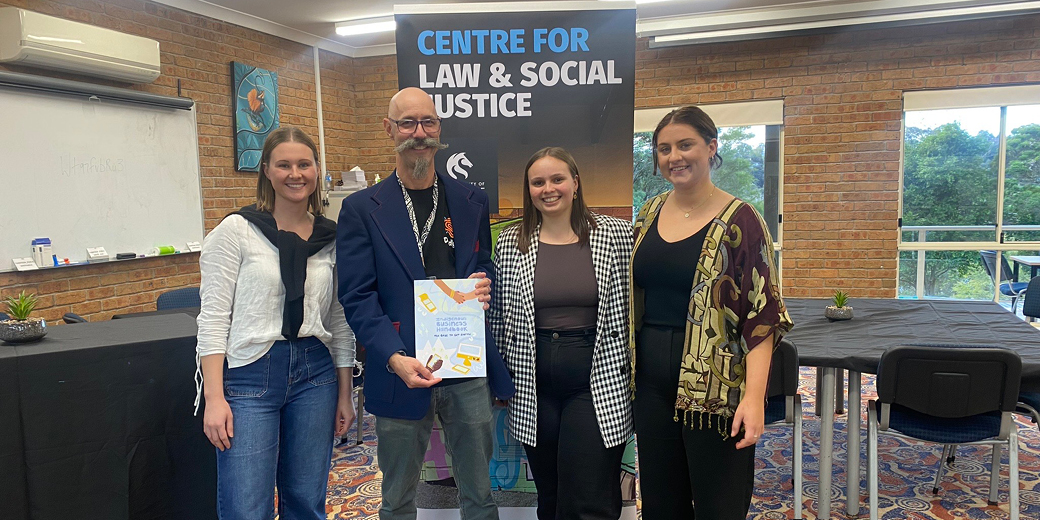It’s well known that mentoring is a potentially invaluable way to advance your career – or even help to identify what you want to do, or the kind of lawyer you want to be. Finding the right mentor and maintaining a fulfilling, mutually beneficial mentor-mentee relationship is not always easy. For many new lawyers, it’s not just a matter of finding out where to start, but how to keep the relationship useful and thriving amidst busy, demanding careers.
The College spoke to Loren Blumgart, Legal Counsel at Brookfield Properties Australia, about her mentoring experiences. Loren expanded on her advice with one of her mentors, Claire Bibby.
Build your network by helping wherever you can
“It is never too early to start building your network,” said Loren. “One of the best ways to develop strong professional relationships is to proactively think of ways to help others. It is a lot easier asking someone how you can help them instead of asking them to help you. You’ll also learn so much more this way.”
If you’re a younger lawyer, you’re more likely to have an innate familiarity of what technology could offer a firm. “Most law firms and organisations are looking for new innovative (and often tech-savvy) ways to stay relevant and ahead of their competitors, so look to add value.”
Don’t pose lazy questions
“While there is no such thing as a stupid question, there is such thing as a lazy question,” Loren said. “If you don’t know something, think about how you might be able to find the answer and then try find it. If you still can’t then at least you can let that person know the avenues you went down to try find the answer. This will show that you have taken the initiative to try find the solution before coming back to that person, and they will appreciate your problem solving skills and enthusiastic attitude, even if you come up short with the actual answer.”
Seek many mentors
Loren currently has four mentors, including Claire Bibby, her former boss at Brookfield and co-keynote speaker at the New Lawyers Summit. Her other mentors come from the NSW Young Lawyers Mentoring Program, the Association of Corporate Counsel's Mentoring Program, and a mentor she met while volunteering for a not-for-profit board.
“I don’t think you should ever pigeonhole yourself to only having one mentor,” Loren said. “Different people provide different perspectives, and the more people you learn from, the more you’ll learn.”
Come prepared
“I usually meet each mentor once a month for a coffee. I ask my mentors different things depending on their expertise and life experiences, but no matter what, I always come prepared to those meetings,” said Loren.
“I’ll think about questions depending on what I want to get out of that mentoring session. Being able to articulate what you want to get out of the mentoring session before the session is incredibly useful and makes the session more productive for you and for the mentor. It also shows the mentor that you value them and their time.”
As the conversation flows freely, Loren often asks her mentors about their own experiences.
“I learn a lot by gaining insight into how they’ve approached situations,” she said.
Loren prepares her questions or an agenda ahead of each meeting. She also studies up on her potential mentors prior to the first meeting – by connecting with them on LinkedIn and reading any published articles or career bios about them.
“It is also important to think about your long-term career goals so you can work with your mentor to create a career action plan.”
Don’t rush a mentoring relationship
“Never ask someone to mentor you up front as soon as you meet them,” advised Loren. “Instead, let that person know that you would like to learn more about them and their career trajectory, and ask if you can meet them for a coffee. Then you can let the relationship evolve naturally.
Find someone who aligns with your values, personality, leadership style or career interests.
“It is important to find someone you admire and trust. There’s no point in having a mentor you do not resonate with.”
Loren suggested a number of ways for new lawyers to find a potential mentor:
1. mentoring programs (or buddy systems) within your organisation;
2. external programs such as the New South Wales Graduate Lawyers Mentoring Program;
3. networking or industry events;
4. volunteering or working at a not-for-profit; and
5. peer mentoring (e.g. from a peer experienced in an area you’re interested in exploring).
Take initiative
“Press into the relationship – show initiative and drive the process,” said Loren. “Contact your mentor to arrange times to meet and prepare for each meeting. Be conscious however that your mentor is most likely very busy and has their own life, so be flexible with when and where you can meet your mentor. Also, always be respectful and be punctual to every meeting. After all, the relationship is primarily for your benefit and they are doing you a favour by meeting you.”
Loren encouraged new lawyers to take all feedback on board and to not hold back on asking hard questions. “Also, be someone that you yourself would want to mentor - be eager to learn, enthusiastic, committed and flexible. If a mentor invites you to an event or suggests you join a group or make a connection, take action and follow through” said Loren.
Mentoring is good for the soul
Loren believes mentoring relationships are crucial to furthering a happy and successful career.
“I also believe that mentoring is good for your soul. I have learnt so much both professionally and personally over the years from my mentors. Mentoring allows you to learn about people you admire and makes you realise that everyone is human and there is no one way or right way of achieving success in your career.”









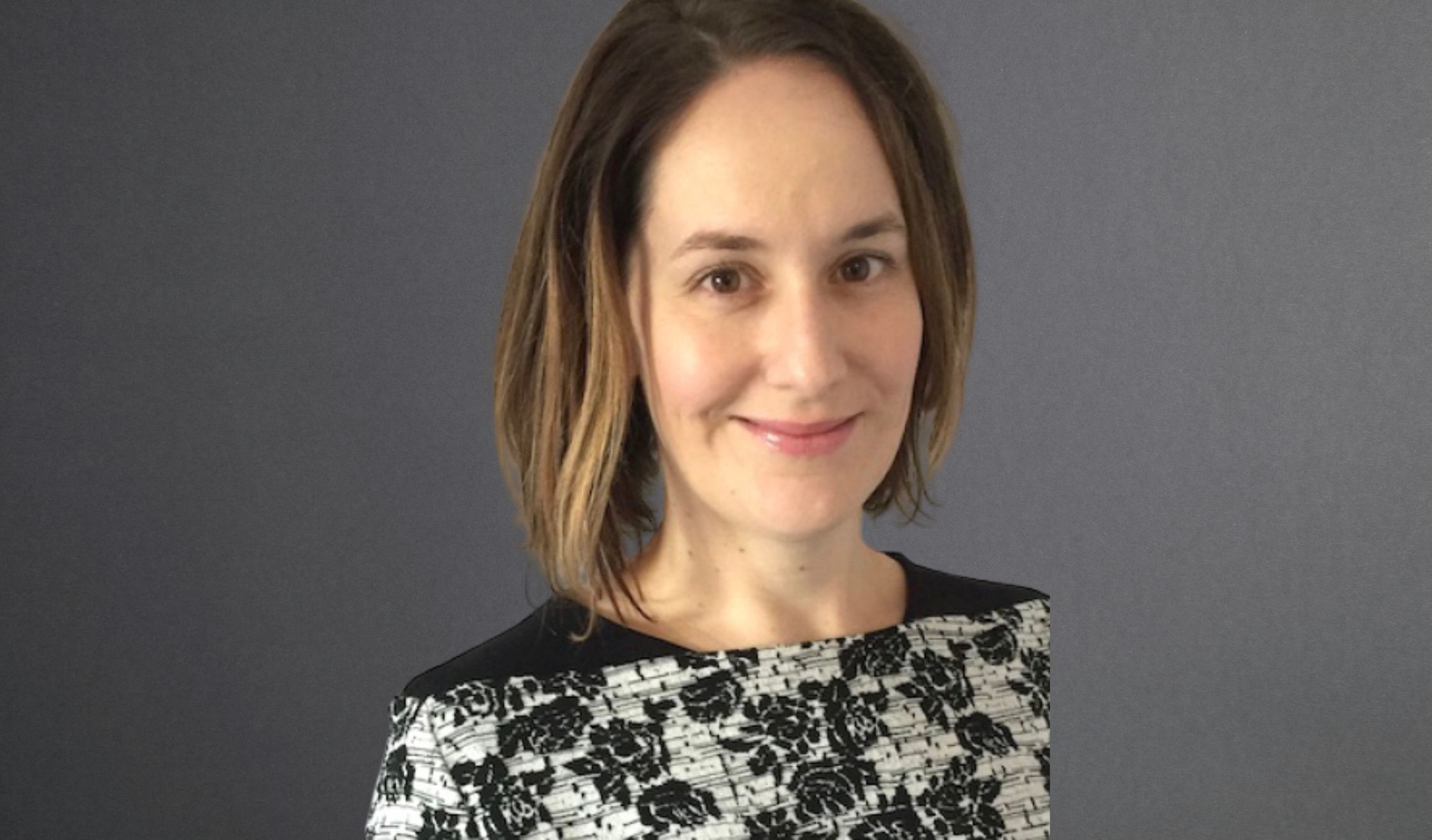
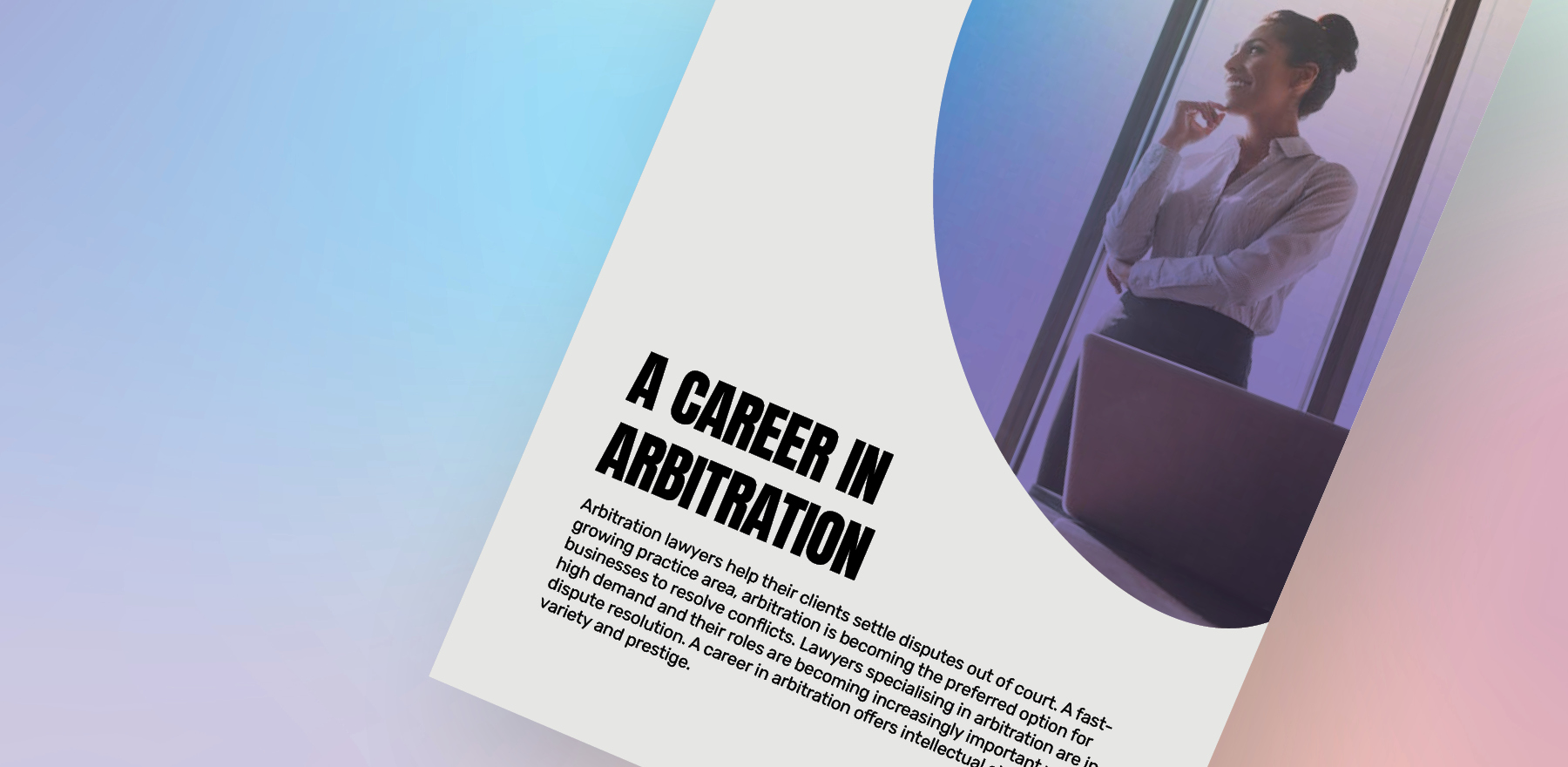

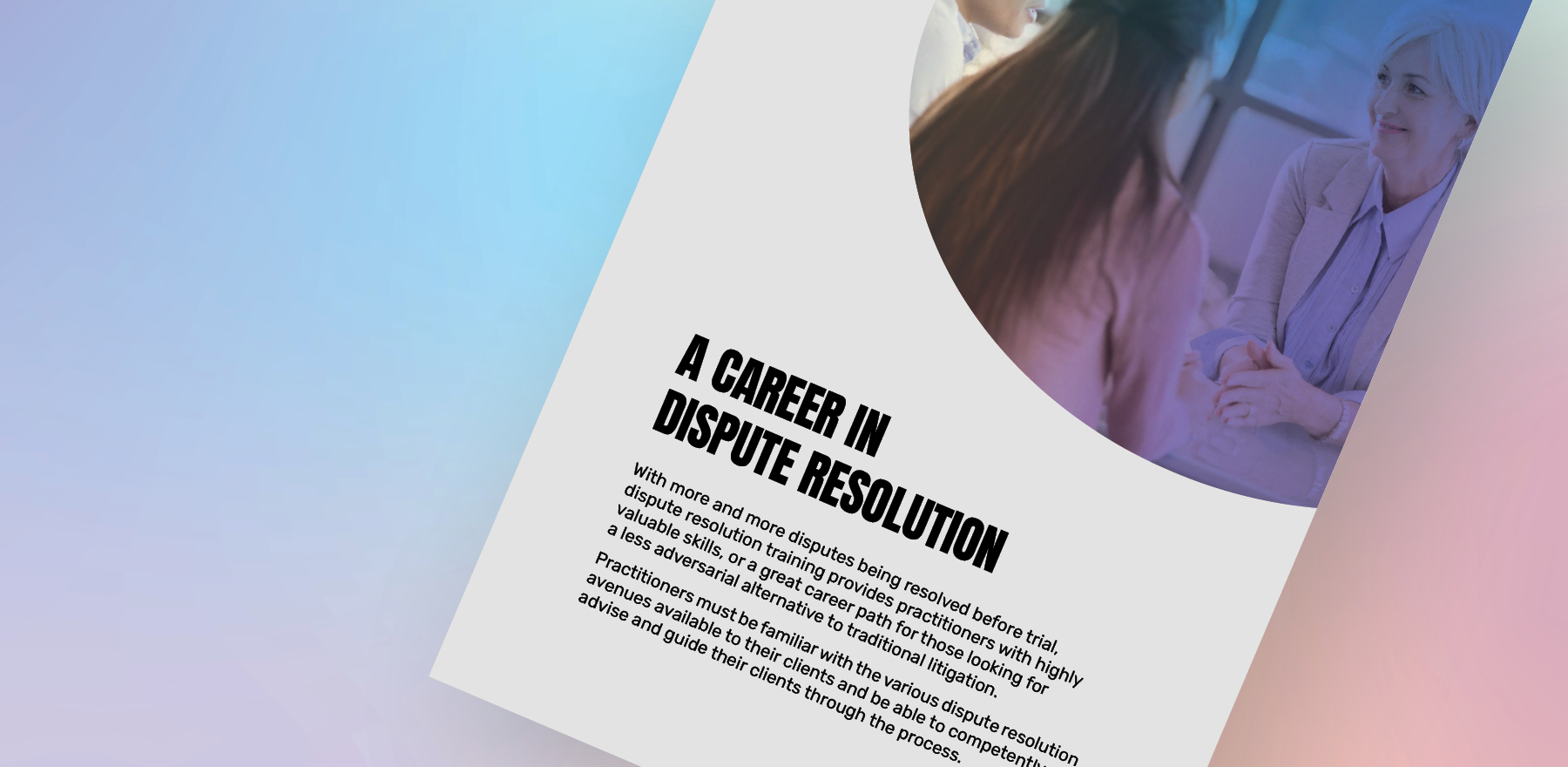



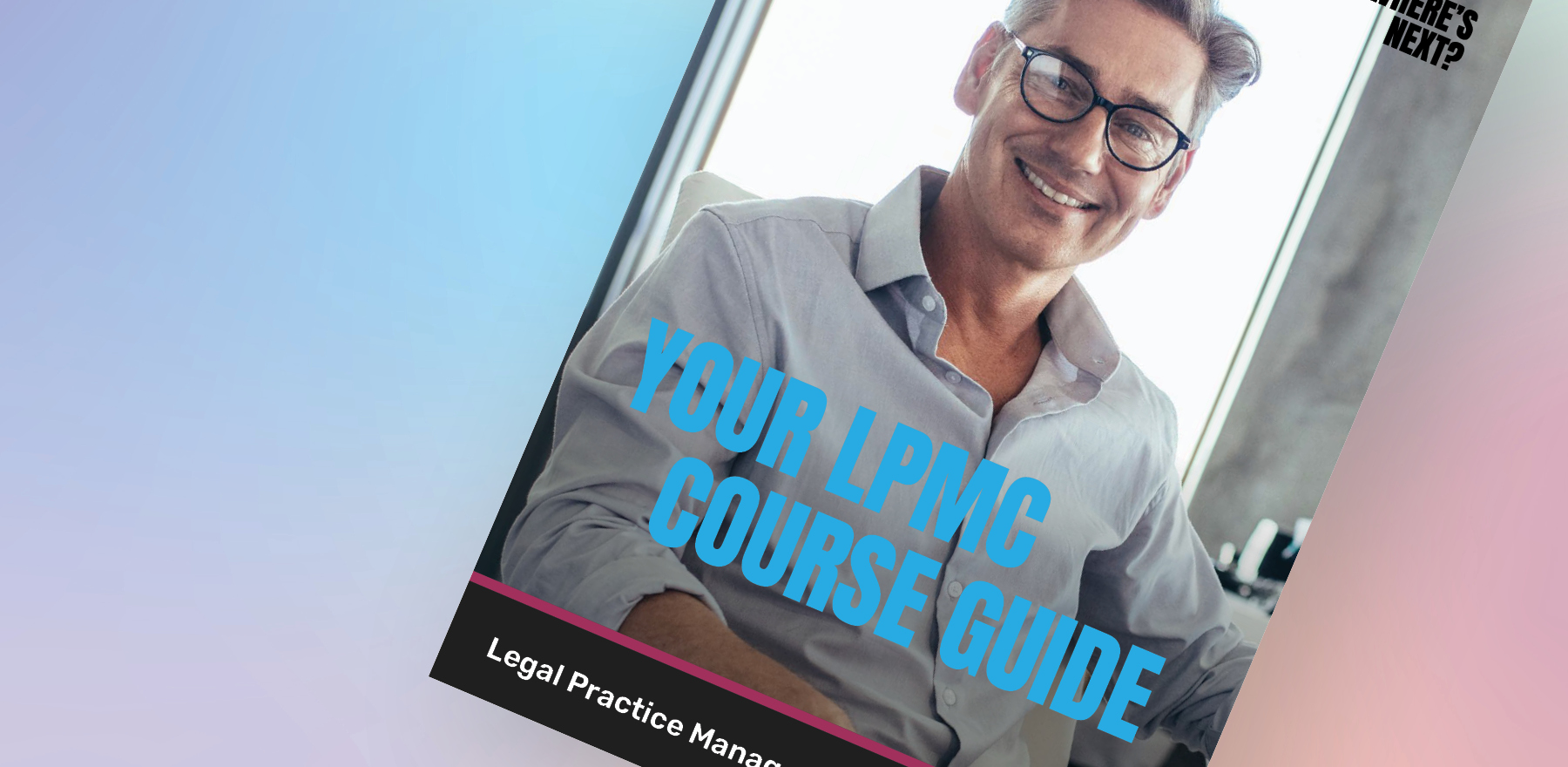
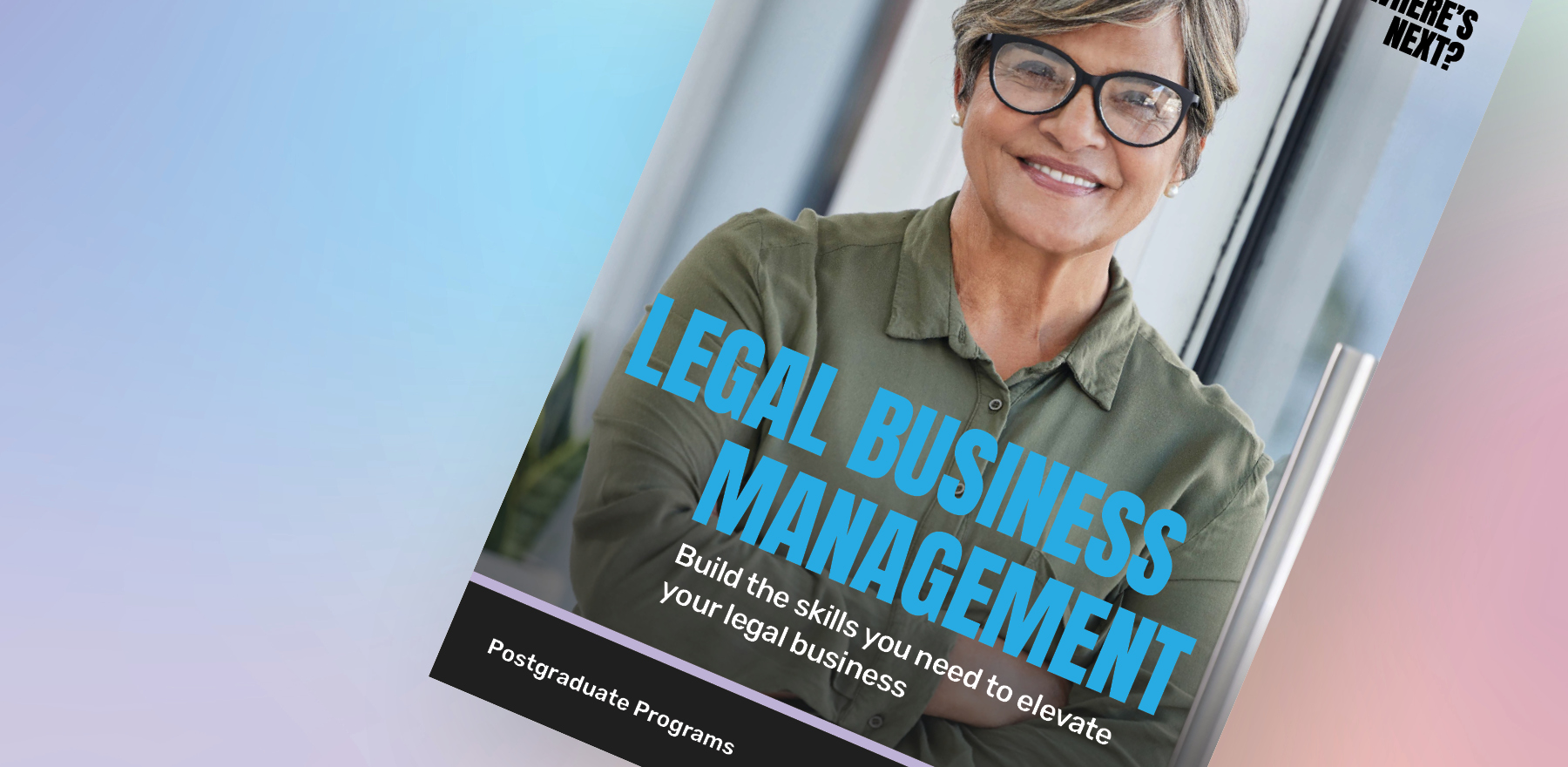










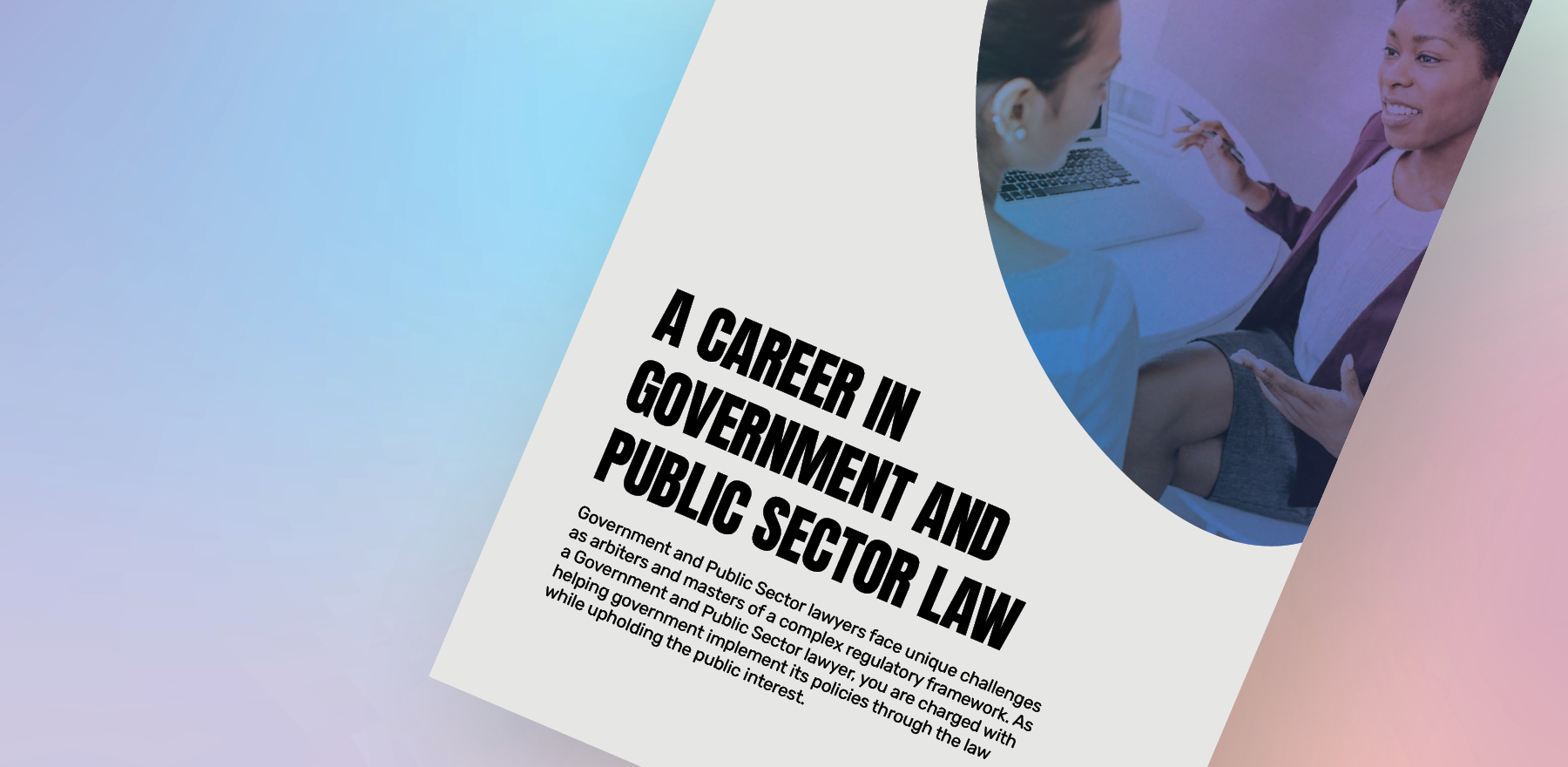
















![How to handle Direct Speech after Gan v Xie [2023] NSWCA 163](https://images4.cmp.optimizely.com/assets/Lawyer+Up+direct+speech+in+drafting+NSW+legislation+OCT232.jpg/Zz1hNDU4YzQyMjQzNzkxMWVmYjFlNGY2ODk3ZWMxNzE0Mw==)
















